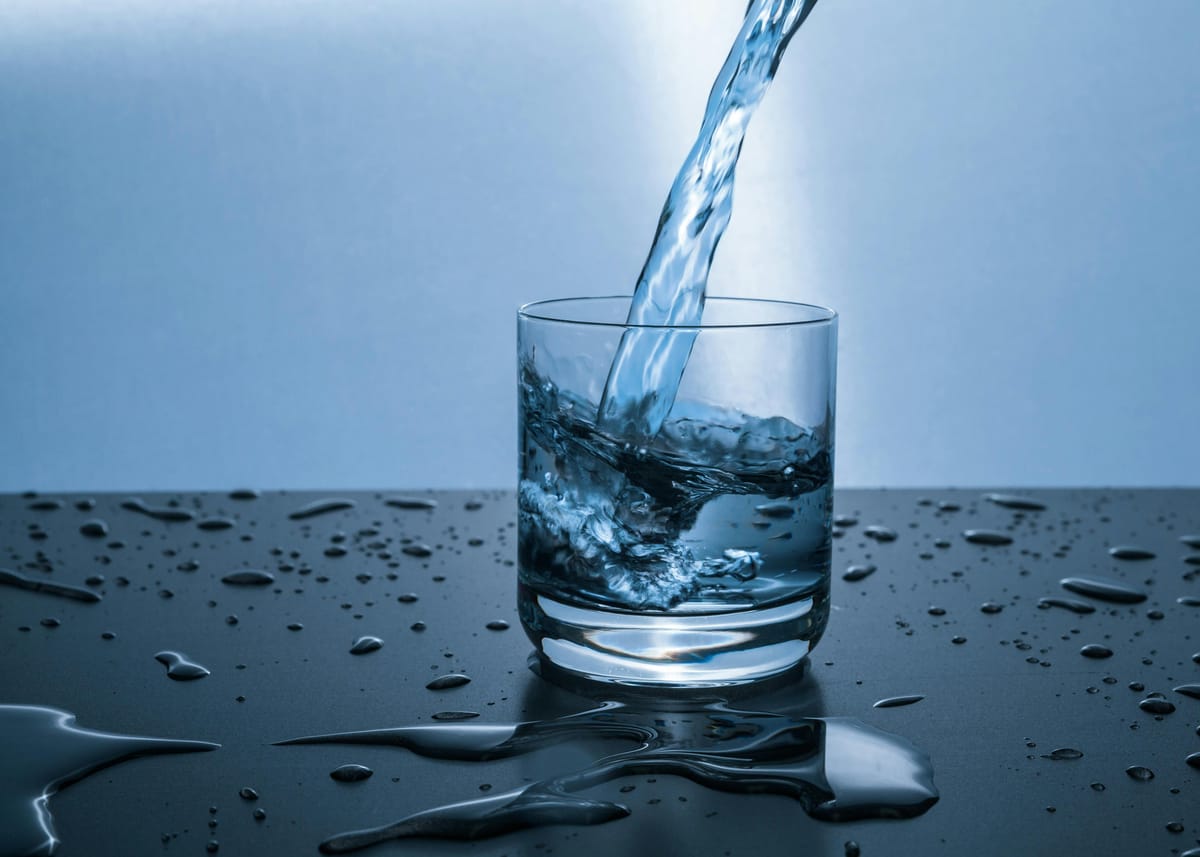What is the taste of water?

What is the taste of water?
It may seem trivial at first, but my experiences with water in different places have revealed a surprising complexity to this everyday mysterious liquid. The taste of water can vary significantly depending on several factors, including its source, mineral content, and even your own biology. Let’s dive into the science behind the taste of water and uncover what makes it unique.
The Basics of Taste
To understand the taste of water, we first need to grasp how taste works. Our taste buds can detect five basic tastes: sweet, sour, bitter, salty, and umami. Each of these tastes activates different receptors on our tongues, sending signals to our brains to interpret what we are experiencing. Interestingly, while pure water is often described as tasteless, it can still evoke sensations that our brains interpret as flavor.
Where Does Water's Taste Come From?
1. Mineral Content
The primary factor affecting the taste of water is its mineral content. Water from different sources—like tap water, spring water, or bottled mineral water—contains various dissolved minerals such as calcium, magnesium, sodium, and bicarbonate. These minerals can impart distinct flavors:
- Calcium: Often gives a slightly creamy texture.
- Magnesium: Can introduce a bitter note.
- Sodium: May enhance sweetness and provide a hint of saltiness.
For example, bottled mineral water often boasts a unique flavor profile due to its higher mineral content compared to regular tap water. This is why some people prefer sparkling mineral water over plain tap water; the added minerals create a more complex taste experience.
2. Source of Water
The source of the water also plays a crucial role in its flavor. Tap water may have a distinct taste due to chlorine or other chemicals used in the purification process. In contrast, spring water is typically considered fresher and more flavorful because it comes directly from natural sources and retains its minerals.
3. Temperature and Context
Interestingly, the temperature at which you drink water can also influence its perceived taste. Cold water often tastes crisper and more refreshing than warm water. Additionally, your previous food intake can affect how you perceive the taste of water. For instance, if you eat something salty before drinking water, it might taste slightly sweet or even bitter due to how your taste buds react.
How Does Taste Of Water Affect Health?
The taste of water can significantly influence our hydration habits and overall health.
1. Hydration and Consumption
One of the most significant implications of water taste on health is its impact on hydration. If the taste of water is unappealing, individuals may be less likely to drink enough, leading to dehydration. Dehydration can cause various health issues, including fatigue, headaches, and impaired cognitive function.
A study highlighted that people who find their tap water unpleasant are less likely to meet their daily hydration needs.To combat this issue, some people turn to flavored waters or add fruits like lemon or cucumber to enhance the taste without adding sugars or calories. This can help improve hydration levels while making the drinking experience more enjoyable.
2. Mineral Intake
The mineral content in water can also have health benefits. For example, hard water is a natural source of essential minerals like calcium and magnesium, which are crucial for bone health and various bodily functions. Drinking hard water may contribute positively to daily mineral intake, especially in areas where dietary deficiencies are common.
Research has shown that adequate calcium and magnesium intake can lower the risk of cardiovascular diseases and certain types of cancer. Therefore, the taste of hard water might encourage increased consumption among those who prefer its flavor profile, potentially leading to better overall health.
3. Contaminants and Safety
While taste can affect our willingness to drink water, it’s essential to consider that an unusual taste might indicate contamination. Water that tastes metallic or has a strong chemical flavor could suggest the presence of harmful substances like lead or chlorine byproducts.
The Safe Drinking Water Act regulates public water systems in the U.S., ensuring they meet safety standards; however, individuals should be vigilant about their local water quality.If you notice a significant change in your tap water's taste, it’s advisable to have it tested for contaminants. This proactive approach can help prevent potential health risks associated with drinking unsafe water.
Conclusion: A Flavorful Journey
In conclusion, while pure water may seem tasteless at first glance, its flavor is influenced by many factors—minerals, source, temperature, and even our previous eating experiences. Understanding these elements not only enhances our appreciation for this vital resource but also encourages us to explore different types of water available around us.
So next time you take a sip of water, consider all the science behind it! Whether it's refreshing spring water or your everyday tap water, there’s more to discover in every drop!



